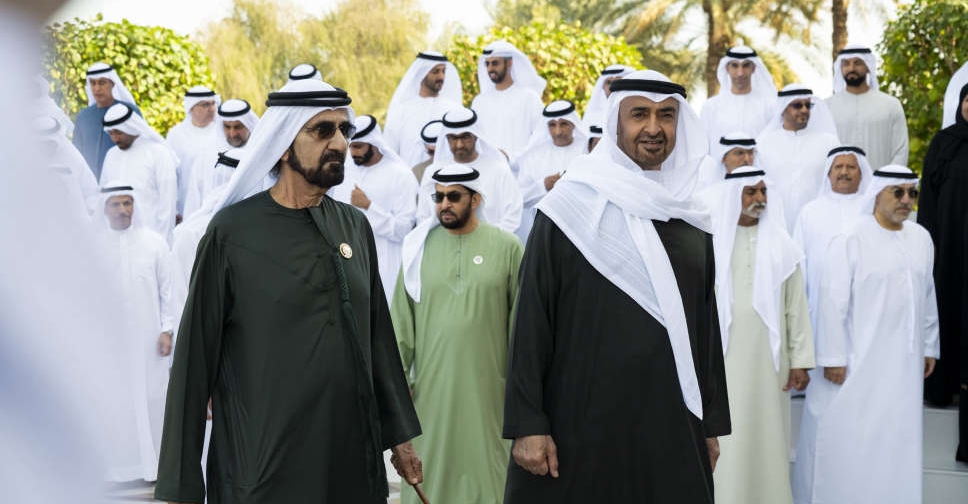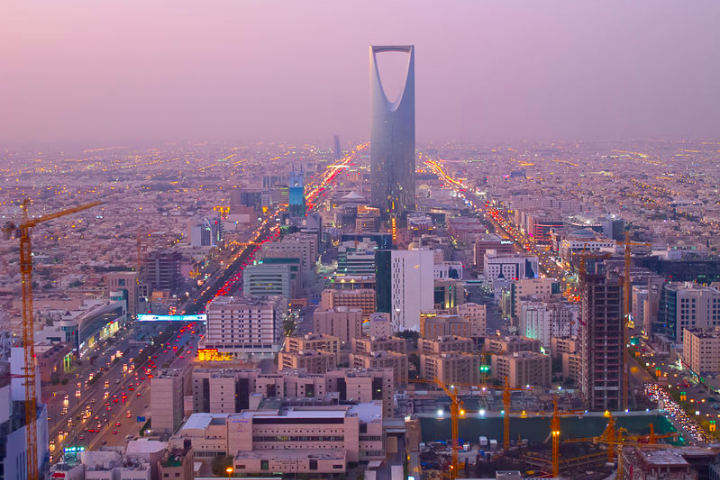
Saudi Arabia approved the so-called National Transformation Program, a key part of a blueprint to prepare the kingdom for the post-oil era. The plan outlines a number of initiatives to be undertaken by different ministries. Here is what we know so far: Public Finances * Non-oil revenue is seen rising to 530 billion riyals ($141 billion) by 2020 from 163.5 billion riyals. Public-sector wages and salaries would fall to 456 billion riyals from 480 billion, and make up 40 percent of total spending versus 45 percent. * Public debt will increase to 30 percent of economic output from 7.7 percent, while the kingdom’s credit rating is seen rising two levels to Aa2 from A1. *Taxes would be imposed on "harmful products" *The plan sets aside costs for the “preparation and implementation” of income tax on residents as well as “the unified income tax.” Mohammed Al-Sheikh, a cabinet minister, said there were no current plans to tax foreigners and referred further questions to the Finance Ministry. He also reiterated the government won’t impose taxes on Saudi nationals. *The private sector would fund about 40 percent of the initiatives included in the plan Investments, Jobs, Privatization & Exports *The initiatives included in the plan will create 450,000 jobs by 2020. *Non-oil exports would climb to 330 billion riyals from 185 billion riyals by 2020. Foreign direct investment would rise to 70 billion riyals from 30 billion riyals. *The plan budgets 300 million riyals over 5 years to create a “center of excellence” to support the privatization of state-owned companies. The minister of environment, water and agriculture said the government plans to privatize the Saline Water Conversion Corp. *The initiative for reforming and "restructuring of primary health care" is estimated to cost 4.7 billion riyals. Energy, Mining * Oil output capacity is expected to stay at 12.5 million barrels per day by 2020 with refining capacity seen at 3.3 million barrels per day from 2.9 million. * Output capacity of dry gas would reach 17.8 billion cubic feet per day versus 12 billion currently. The country will produce 4 percent of its power from renewable energy by 2020. *The Mining sector is to contribute 97 billion riyals to economic output from 64 billion riyals. By Ahmed Feteha, Vivian Nereim and Wael Mahdi/Bloomberg with assistance from Zainab Fattah and Deema Almashabi.



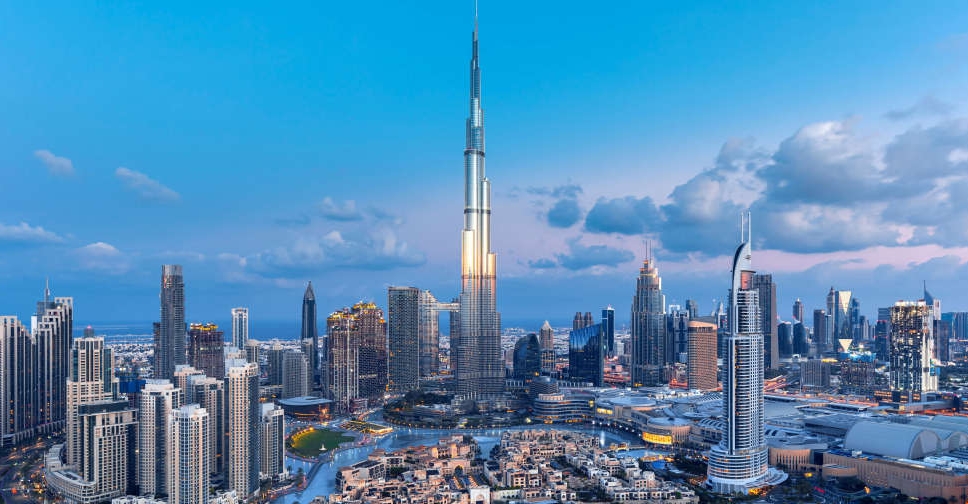 Dubai ranked world’s third most startup-friendly city in new global index
Dubai ranked world’s third most startup-friendly city in new global index
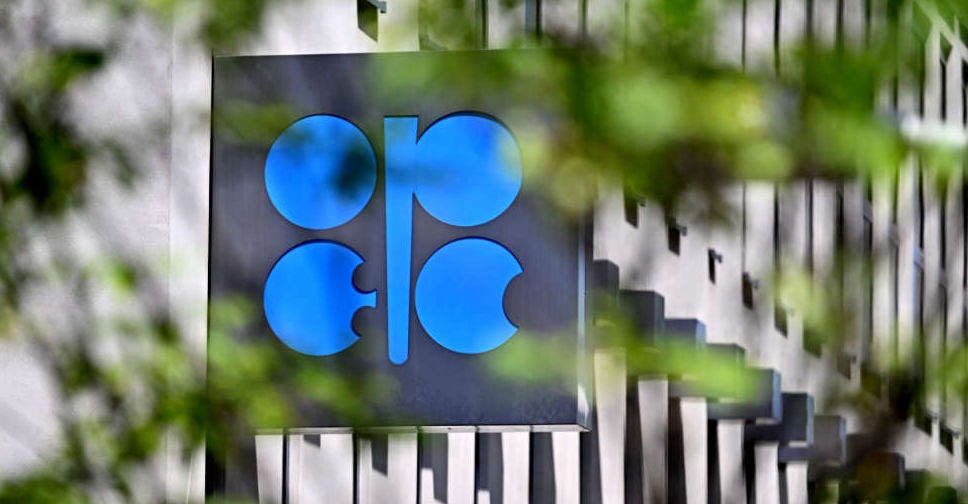 OPEC+ keeps oil output steady following steep price drop in 2025
OPEC+ keeps oil output steady following steep price drop in 2025
 Tesla loses EV crown to China's BYD
Tesla loses EV crown to China's BYD
 Dubai Duty Free celebrates record-breaking 2025
Dubai Duty Free celebrates record-breaking 2025
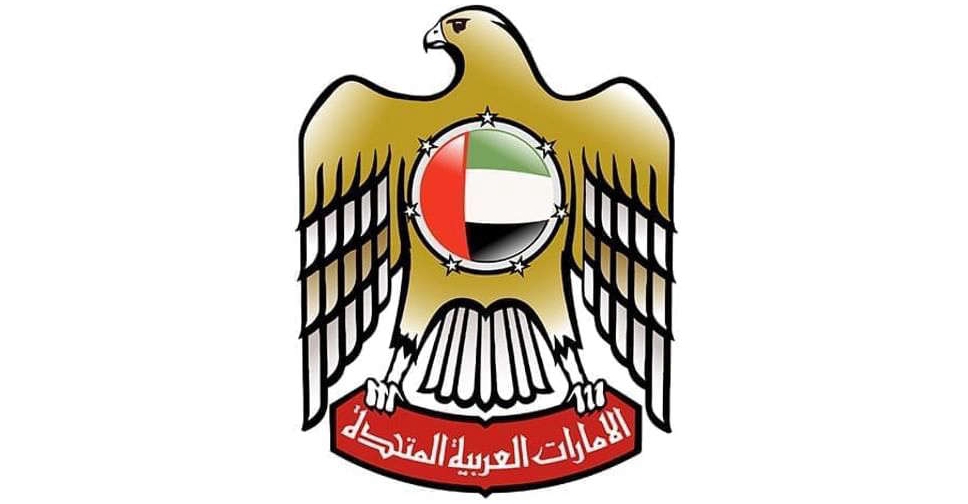 UAE updates capital market laws to strengthen financial oversight
UAE updates capital market laws to strengthen financial oversight
